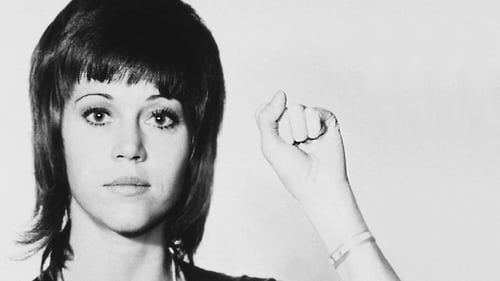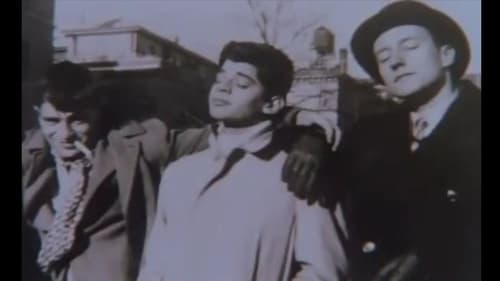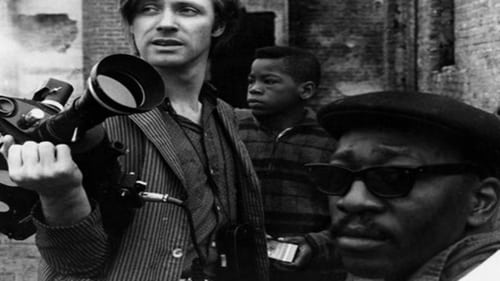
Self
A documentary revisiting the career of a feisty activist musician, who never quite achieved the same recognition as her similar contemporaries Joan Baez and Joni Mitchell. Experience the power of song in the struggle for equality through the story of feminist singer and activist Holly Near, who for the last 40 years has worked on global social justice coalition-building in the women’s and lesbian movements.

Self - Organizer, Politician, Author
Una mirada a la vida, el trabajo, el activismo y las controversias como actriz de Jane Fonda a través de cinco actos divididos en su padre, Henry Fonda, sus tres maridos (Roger Vadim, Tom Hayden y Ted Turner) y, finamente, ella misma.

Self
The son of acclaimed cinematographer Haskell Wexler confronts his complex father by turning the camera on him. What results is a portrait of a difficult genius and a son's path out of the shadow of a famous father.

Self
Traces the Beats from Allen Ginsberg and Jack Kerouac's meeting in 1944 at Columbia University to the deaths of Ginsberg and William S. Burroughs in 1997. Three actors provide dramatic interpretations of the work of these three writers, and the film chronicles their friendships, their arrival into American consciousness, their travels, frequent parodies, Kerouac's death, and Ginsberg's politicization. Their movement connects with bebop, John Cage's music, abstract expressionism, and living theater. In recent interviews, Ginsberg, Burroughs, Kesey, Ferlinghetti, Mailer, Jerry Garcia, Tom Hayden, Gary Snyder, Ed Sanders, and others measure the Beats' meaning and impact.

Self
This film documents the journey of actress Jane Fonda and her husband – future California state senator Tom Hayden – through North and South Viet Nam in 1974. They travel from villages to towns talking with ordinary Vietnamese about their lives and the effects of the war on their lives, families, and communities.

Self
Lighter and livelier than the films Jean-Luc Godard had made in France, his U.S. collaboration with Direct Cinema documentarian D. A. Pennebaker was meant to be One A.M., as in “one American movie”; but Godard quit the project and the U.S., where to his dismay he discovered that revolution wasn’t imminent, and Pennebaker edited Godard’s material, to which he and Richard Leacock even added a bit more, releasing the result as One P.M., as in “one parallel movie.” It’s a stunning mixture of cinéma-vérité, political theater, and interviews of key sixties figures.

"The Fall" depicts certain scenes in New York City between October 1967 and March 1968, shot by the independent filmmaker, Peter Whitehead. It is a very personal documentary, and Whitehead appears in a large number of scenes, and we hear his lengthy ruminations on the state of the United States and the war in Vietnam.






